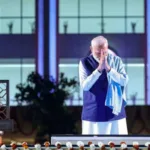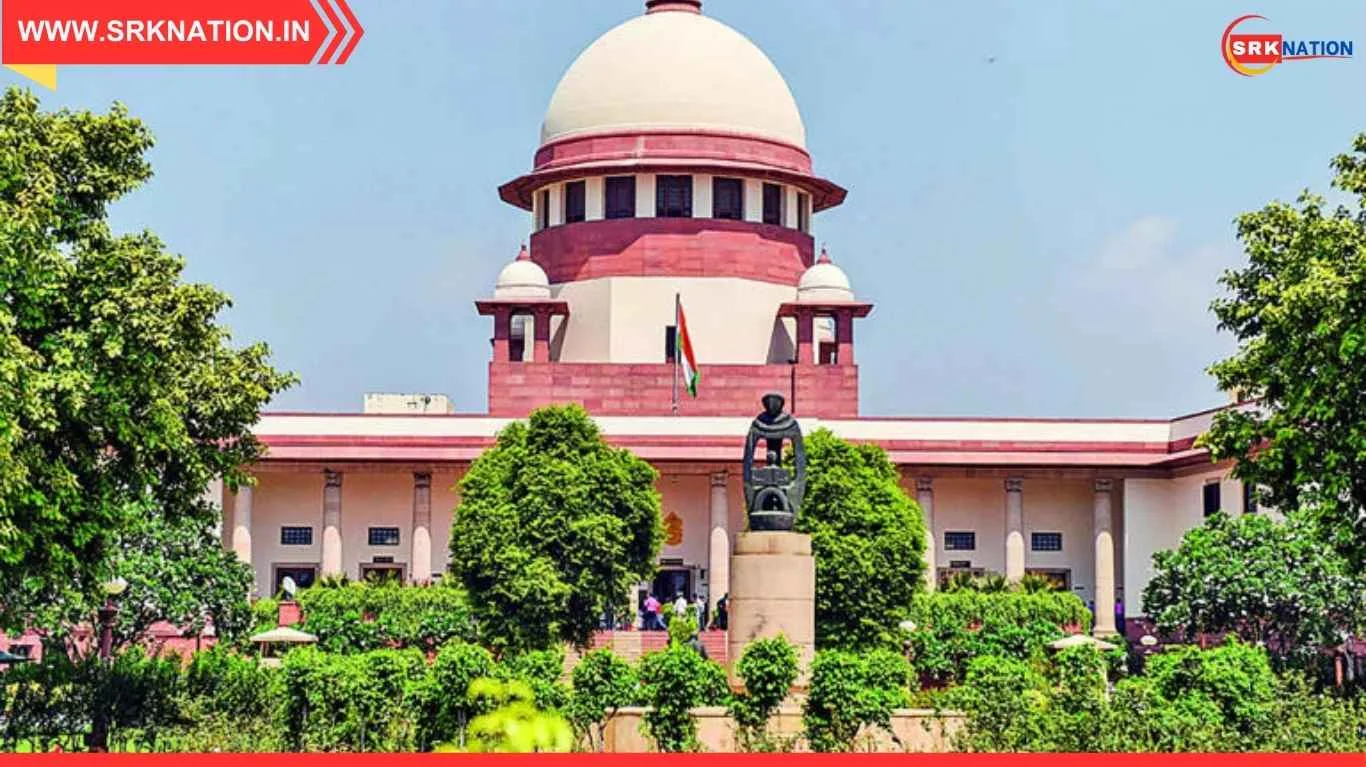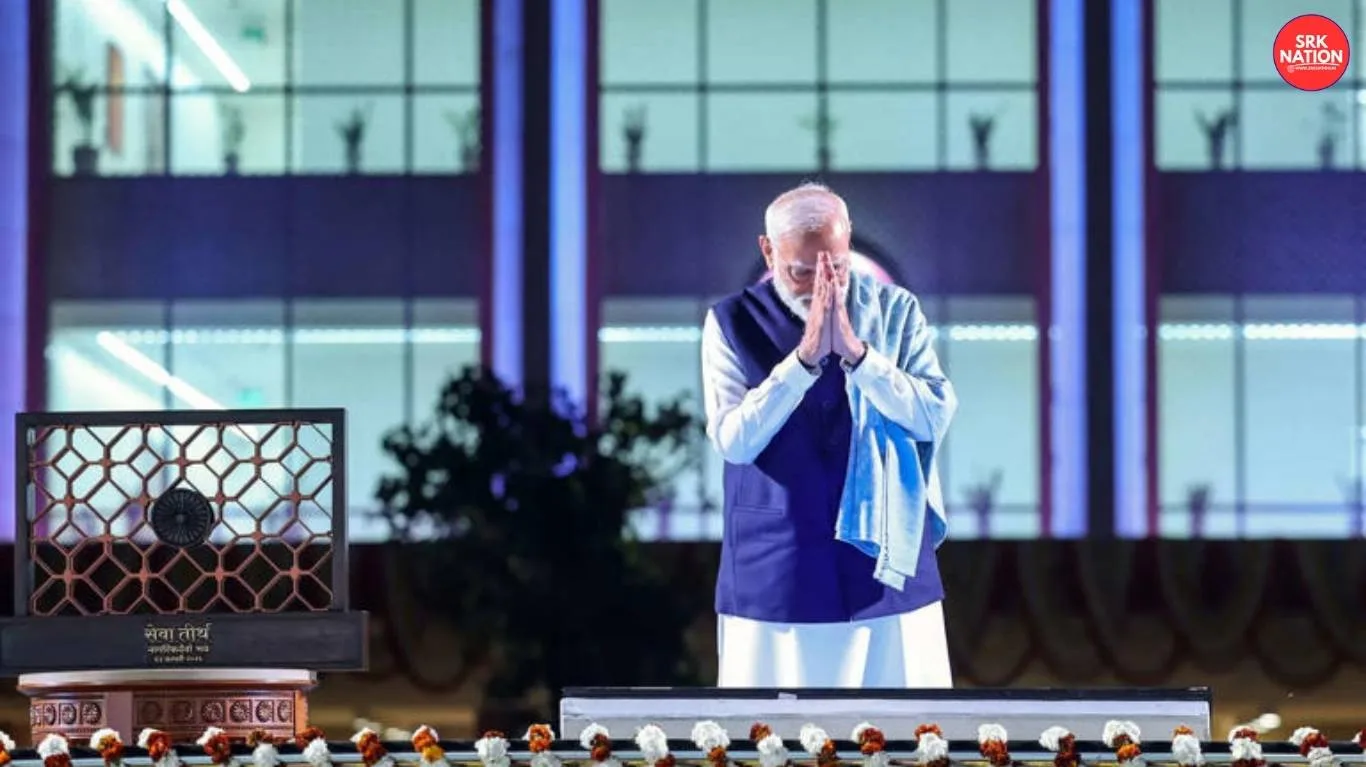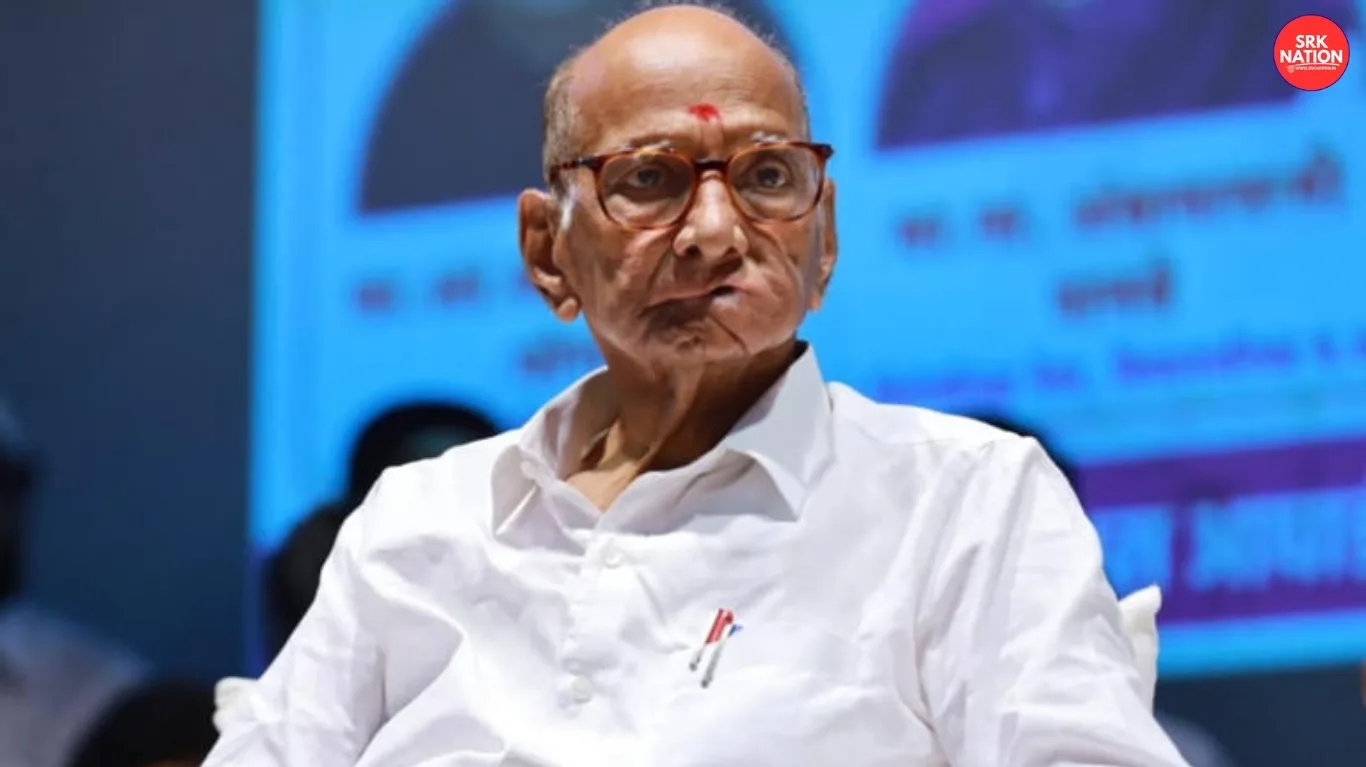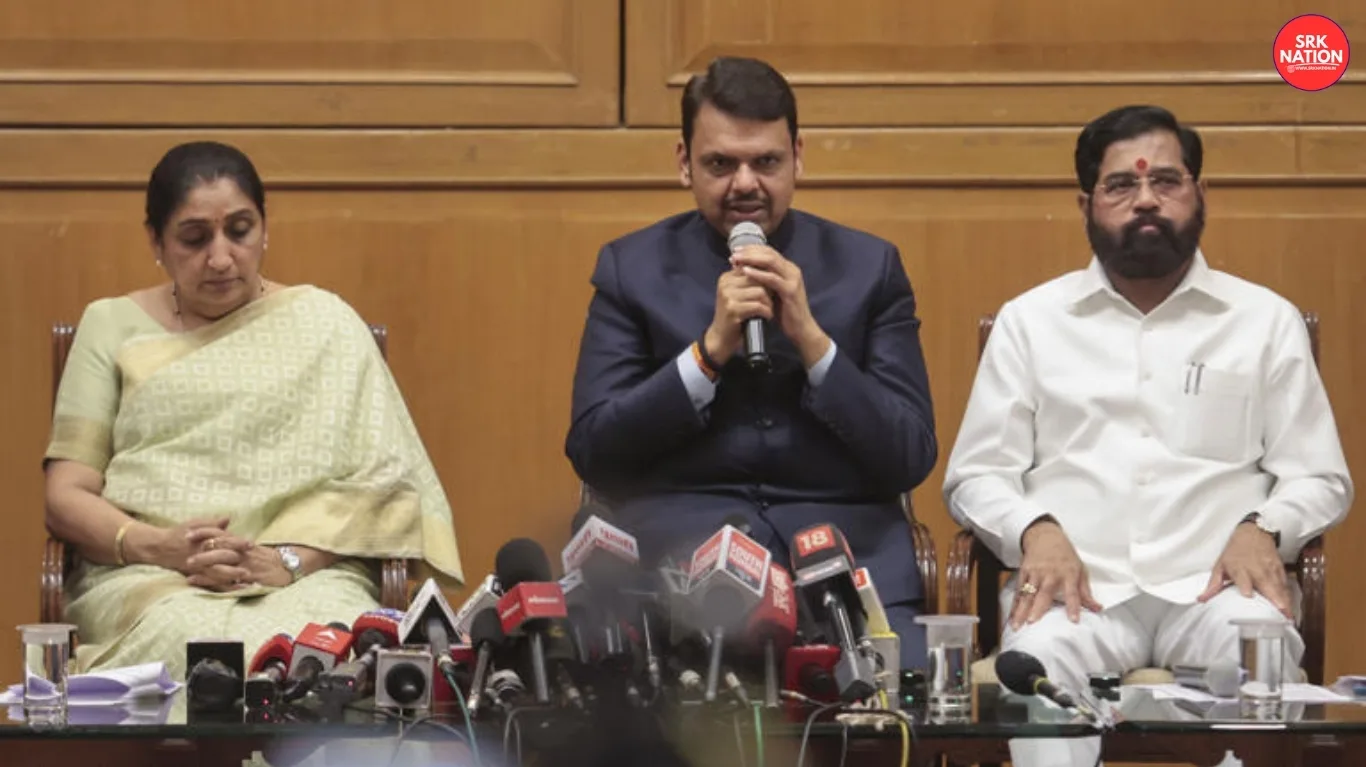In a significant ruling, the Supreme Court of India has dismissed a plea seeking permission for civilians to offer prayers in a mosque located inside military quarters. The apex court emphasized that military establishments are sensitive zones where civilian access cannot be permitted without strict security considerations. The judgment underscores the balance between religious rights and national security, reaffirming that the safety of defense installations takes precedence.
The petition had argued that denying civilians entry to the mosque violated their fundamental right to freedom of religion under Article 25 of the Constitution. However, the Supreme Court clarified that fundamental rights are subject to reasonable restrictions, especially when national security and defense interests are involved.
📊 Key Highlights
- Supreme Court Decision: Plea dismissed to allow civilian prayers in mosque inside military quarters.
- Reasoning: National security and restricted access to defense establishments outweigh religious claims.
- Petitioner’s Argument: Claimed violation of Article 25 (freedom of religion).
- Court’s Stand: Fundamental rights subject to reasonable restrictions in sensitive zones.
- Broader Impact: Sets precedent for balancing religious freedoms with defense security protocols.
🔎 Court’s Observations
The Supreme Court bench observed:
- Restricted Zones: Military quarters are high-security areas where civilian entry is limited.
- Security Concerns: Allowing civilians could compromise defense safety and operational secrecy.
- Religious Rights: While freedom of religion is guaranteed, it cannot override national security.
- Precedent: Similar restrictions exist in other defense establishments across the country.
📉 Comparative Snapshot of Religious Access in Restricted Zones
| Location/Establishment | Religious Site | Civilian Access | Court/Authority Decision |
|---|---|---|---|
| Military Quarters (India) | Mosque | Restricted | SC dismissed plea |
| Naval Base (Mumbai) | Temple | Restricted | Access denied |
| Air Force Station | Gurudwara | Restricted | Limited to personnel |
| Army Cantonment | Church | Restricted | Only defense families |
🔄 Religious Rights vs National Security
| Factor | Religious Rights | National Security |
|---|---|---|
| Constitutional Basis | Article 25 guarantees freedom of religion | Article 19 allows reasonable restrictions |
| Access | Petitioners seek open entry | Restricted to defense personnel only |
| Impact | Promotes inclusivity | Ensures safety of sensitive installations |
| Court’s Stand | Rights subject to restrictions | Security takes precedence |
🚀 Implications of the Ruling
The Supreme Court’s dismissal carries wide-ranging implications:
- Legal Precedent: Reinforces that religious freedoms cannot override defense protocols.
- Security Protocols: Validates restricted access policies in military zones.
- Community Impact: Civilians must respect boundaries of defense establishments.
- Policy Clarity: Provides guidance for future petitions involving religious rights in sensitive areas.
💬 Expert Commentary
Legal experts have welcomed the ruling, noting that it strikes a balance between rights and responsibilities. “The Supreme Court has rightly prioritized national security. Religious freedoms are important, but they cannot compromise defense safety,” said a constitutional lawyer.
Defense analysts added that the judgment strengthens the operational autonomy of military establishments, ensuring that security protocols remain uncompromised.
🌍 Broader Context
Globally, similar restrictions exist in sensitive defense zones:
- US Military Bases: Civilian access to chapels and mosques restricted to personnel and families.
- UK Defense Establishments: Religious sites exist but remain closed to public entry.
- Middle East Bases: Access strictly regulated, with worship limited to authorized personnel.
📊 Constitutional Balance
| Article | Provision | Court’s Interpretation |
|---|---|---|
| Article 25 | Freedom of religion | Subject to reasonable restrictions |
| Article 19 | Freedom of movement | Restricted in defense zones |
| Article 21 | Right to life | Includes national security considerations |
📝 Conclusion
The Supreme Court’s dismissal of the plea to permit civilians to offer prayers in a mosque inside military quarters is a landmark ruling that reinforces the primacy of national security over unrestricted religious access. While acknowledging the importance of religious freedoms, the court emphasized that such rights must operate within the framework of reasonable restrictions, especially in sensitive defense zones.
This judgment sets a clear precedent for future cases, ensuring that India’s defense establishments remain secure while respecting constitutional principles. It highlights the delicate balance between individual rights and collective security, a cornerstone of democratic governance.
⚠️ Disclaimer
This article is for informational purposes only and is based on publicly available judicial updates. It does not constitute legal advice. Readers are encouraged to follow official Supreme Court communications for the latest updates.




